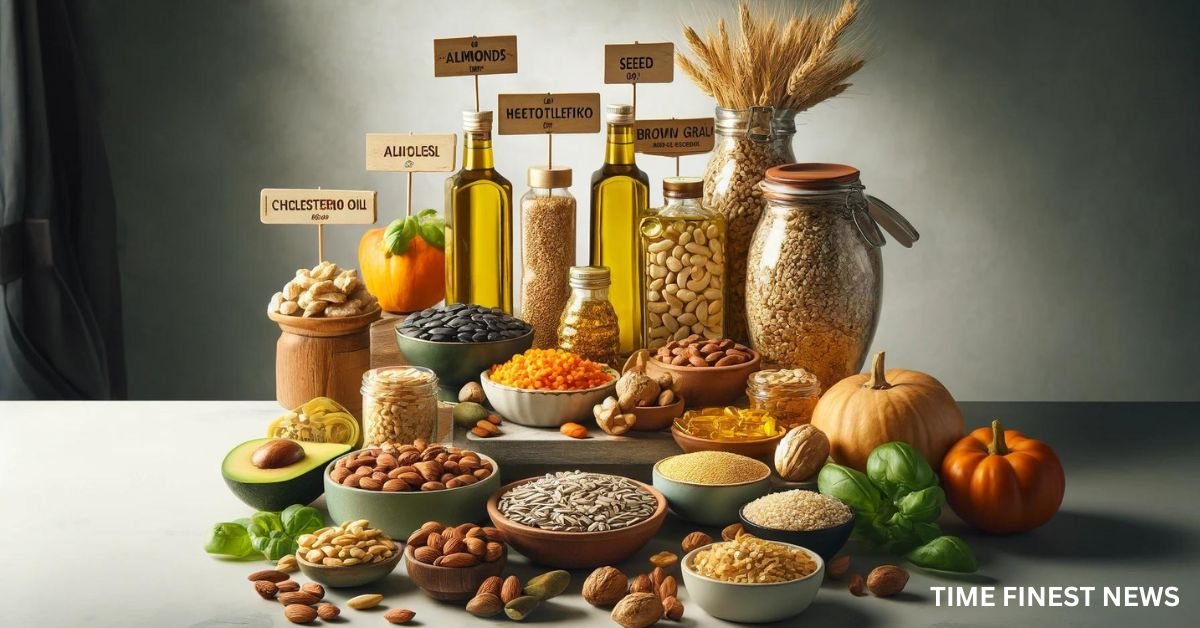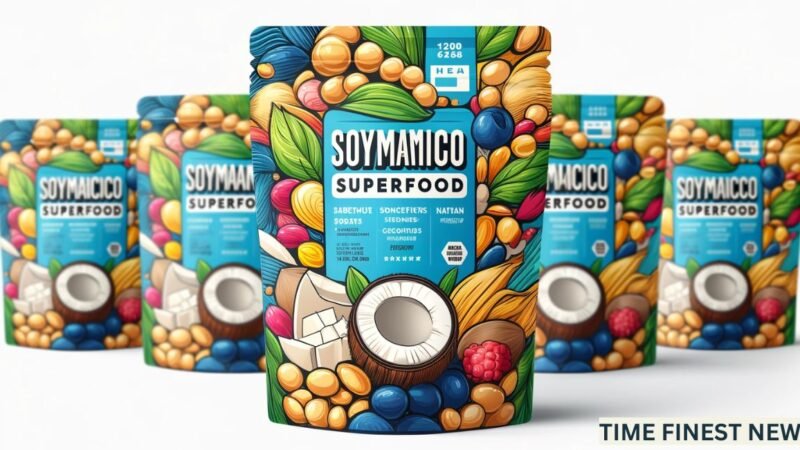Fitosterina: The Natural Cholesterol Fighter

Fitosterina, commonly known as plant sterols, is a group of naturally occurring compounds found in the cell walls of plants. These substances are structurally similar to cholesterol, which allows them to impart significant health benefits, especially in terms of managing cholesterol levels and enhancing cardiovascular health. Recognized for their cholesterol-lowering properties, Fitosterina compounds are extensively used in traditional medicine and are now supported by scientific research, which suggests they also have roles in cancer prevention and immune system support.
Table of Contents
ToggleUnderstanding Fitosterina
Fitosterina is present in small quantities in many plant-based foods such as nuts, seeds, vegetable oils, and whole grains. Because of their structural similarity to cholesterol, they compete with dietary cholesterol for absorption in the digestive system, effectively blocking its uptake and reducing the levels of harmful LDL cholesterol in the blood.
The Mechanism Behind Fitosterina
The key to Fitosterina’s effectiveness lies in its ability to obstruct the absorption of cholesterol. By mimicking cholesterol’s structure, Fitosterina competes for a spot in mixed micelles, crucial components for the absorption of lipids in the intestines. This competition reduces the overall amount of cholesterol that can be absorbed, thereby lowering the amount that enters the bloodstream.
Sources of Fitosterina
- Vegetable Oils: Oils such as corn oil, sesame oil, and canola oil are high in sterols.
- Nuts and Seeds: Sunflower seeds, almonds, and walnuts not only provide healthy fats but are also good sources of Fitosterina.
- Whole Grains: Whole grains like wheat germ and rye bread contribute to Fitosterina intake.
- Legumes: Beans and lentils provide plant sterols along with fiber and protein.
Health Benefits of Fitosterina
Incorporating Fitosterina into the diet can offer a wide range of health benefits, from reducing cardiovascular disease risk factors to potentially enhancing the body’s defense mechanisms against certain cancers.
Cholesterol Management
Regular consumption of Fitosterina-enriched foods can lead to a reduction in total and LDL cholesterol levels. Studies have shown that consuming 2 grams of plant sterols per day can lower LDL cholesterol by 8-10% within 2-3 weeks.
Cardiovascular Health
By lowering LDL cholesterol levels, Fitosterina helps reduce the buildup of cholesterol plaques in the arteries, thereby lowering the risk of heart disease and strokes.
Anti-Inflammatory Properties
Fitosterina has been found to exhibit anti-inflammatory effects, which are beneficial in reducing chronic inflammation and associated diseases like arthritis.
Cancer Prevention
Emerging research suggests that Fitosterina may help reduce the risk of certain types of cancer, including colon, prostate, and breast cancer, by inhibiting tumor growth and spread.
Incorporating Fitosterina into Your Diet
To reap the benefits of Fitosterina, incorporating them into your daily diet is essential. Here are some tips:
- Enhance Your Cooking Oil: Switch to Fitosterina-rich vegetable oils for cooking and salad dressings.
- Snack on Nuts and Seeds: A small handful of nuts or seeds can contribute to your daily intake of Fitosterina.
- Choose Whole Grains: Opt for whole grain bread, cereals, and pastas.
- Include Legumes: Add beans, peas, and lentils to your meals regularly.
Considerations and Cautions
While Fitosterina is beneficial for most people, certain individuals, especially those with phytosterolemia (a rare genetic disorder), should avoid it as they accumulate plant sterols in their tissues. Additionally, while plant sterols reduce cholesterol absorption, they do not affect triglyceride levels and are not a substitute for a healthy diet and lifestyle.
Conclusion
Fitosterina offers a natural, effective way to manage cholesterol levels and support overall cardiovascular health. By integrating Fitosterina-rich foods into your diet, you can take a proactive approach to reduce your risk of heart disease and potentially other serious health conditions, promoting a healthier life through the power of plants. Embracing Fitosterina is not just about adding new elements to your diet; it’s about making a sustainable shift towards a healthier lifestyle that values the role of natural compounds in disease prevention and health optimization.
ALSO READ:





